Our plastic addiction may be killing more than marine life as researchers revealed this week how it has entered the human food supply.
Read: Planet Plastic: Thai citizens suffer from plastic addiction and poor waste management (Video)
Following a report that fish from a southern national marine park were filled with plastic waste contamination, public alarm grew louder today when one of the country’s top environmentalists said small fragments of plastic have also found their way into all manner of sea life, including clams, oysters and even plankton.
“Microplastic is the latest health hazard that’s freaking the world out right now,” Thon Thamrongnawasawat, a marine biologist and lecturer at Kasetsart University, told Coconuts Bangkok this morning.
“It’s because microplastics are relatively new. When they entered the sea and marine life started consuming it, this really alarmed health professionals all over the world,” he said.
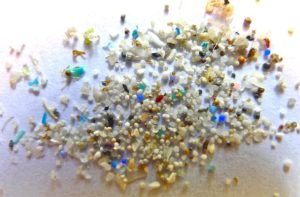
Microplastics are tiny bits of plastic that have accumulated in the environment, generally under 5 millimeters in size. Now they’re accumulating inside humans. Though some academics believe that may lead to serious diseases including cancer, Thon said there isn’t enough research yet to know.
“Sometimes it can take many years to determine if something causes cancer,” he said. It became a topic of anxious discussion this week after Trang province’s Hat Chao Mai Marine National Park announced that mackerel studied there had an average of 78 microplastics per fish, including the remains of fibers and glitter.
30-year-old Saowalak Khaosang, one of the project’s researchers told reporters that the project originally started as an analysis of different types of garbage waste. Her team would collect plastic every morning throughout Trang in order to analyze how much of which plastics were regularly used throughout the year. While conducting this study, however, they discovered the pollution in the food chain, especially at Hat Chao Mai, which is home to many fish that get consumed.
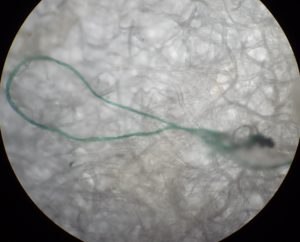
Though bags and other materials may be labeled “biodegradable,” that doesn’t mean they vanish. Thon said microplastics are usually the remains of such bags or bottles that have broken down and disintegrated over time.
“It occurs when plastic waste in the sea decomposes and splits into micro fragments. … This can take years and years,” he said, adding that plastic bags tend to disintegrate fastest.
He said the problem isn’t limited to Trang but is happening all over Thailand. Indeed, a global alarm has been raised in recent years over growing awareness of the sheer volume of plastic materials choking the oceans.
“Cleaning up ocean pollution, in turn, is one of the biggest ways to prevent microplastic from being created,” Thon said.
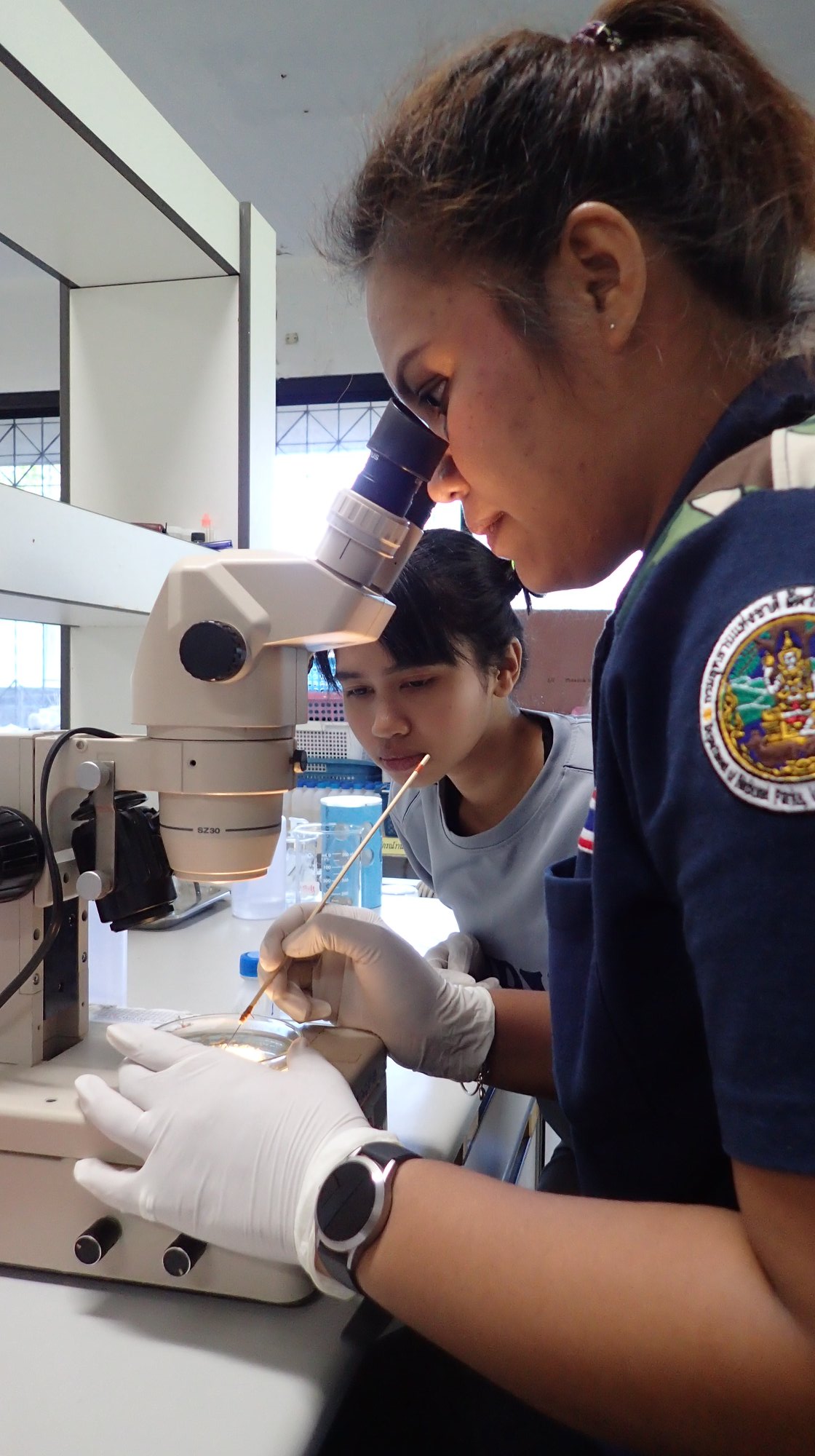

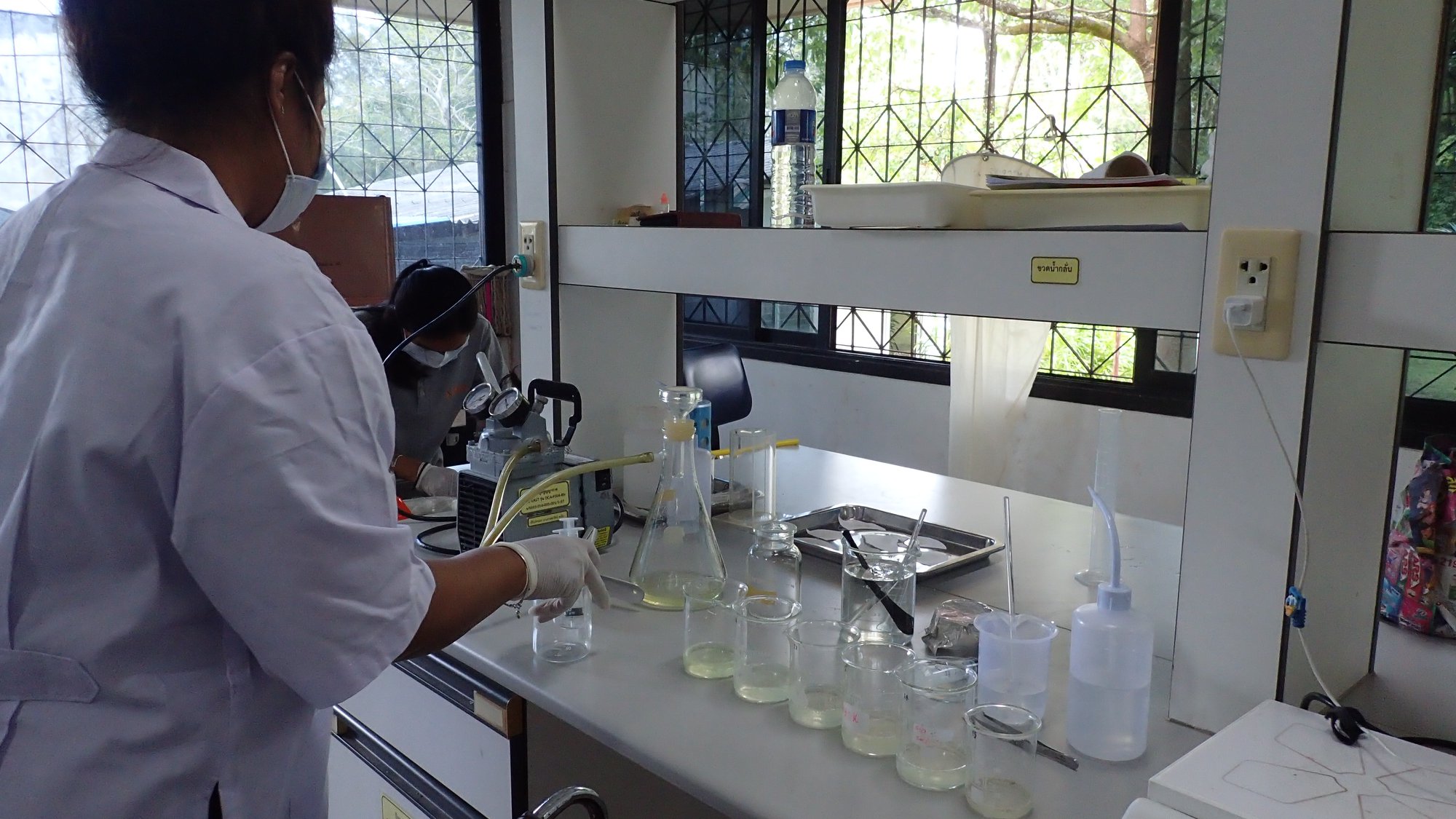
Related:
Baby Mariam’s death to be a wake-up call for environmental, wildlife conservation
Beloved baby dugong ‘Mariam’ dies in Thailand with plastic in stomach
Plastic waste found in elephant poop at Thai Unesco World Heritage National Park
Autopsy of dead green sea turtle reveals its stomach full of plastic
Planet Plastic: Thai citizens suffer from plastic addiction and poor waste management (Video)
Koh Lan, Pattaya | Thailand’s Trash Island | Planet Plastic | Coconuts TV
Find all episodes of The Coconuts Podcast
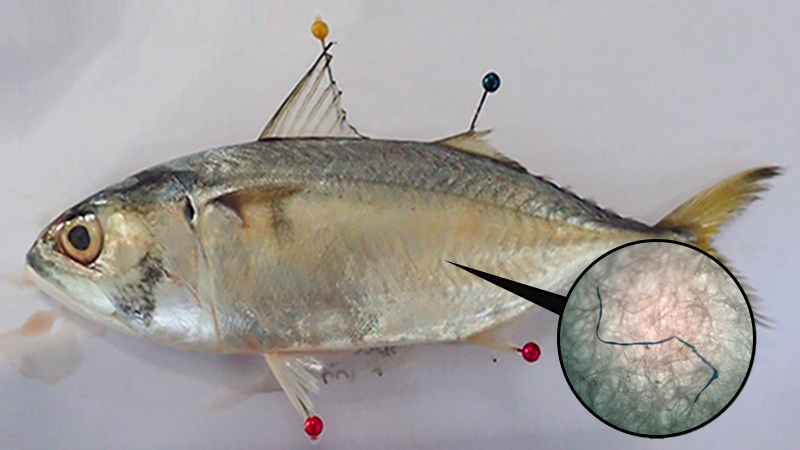




Reader Interactions